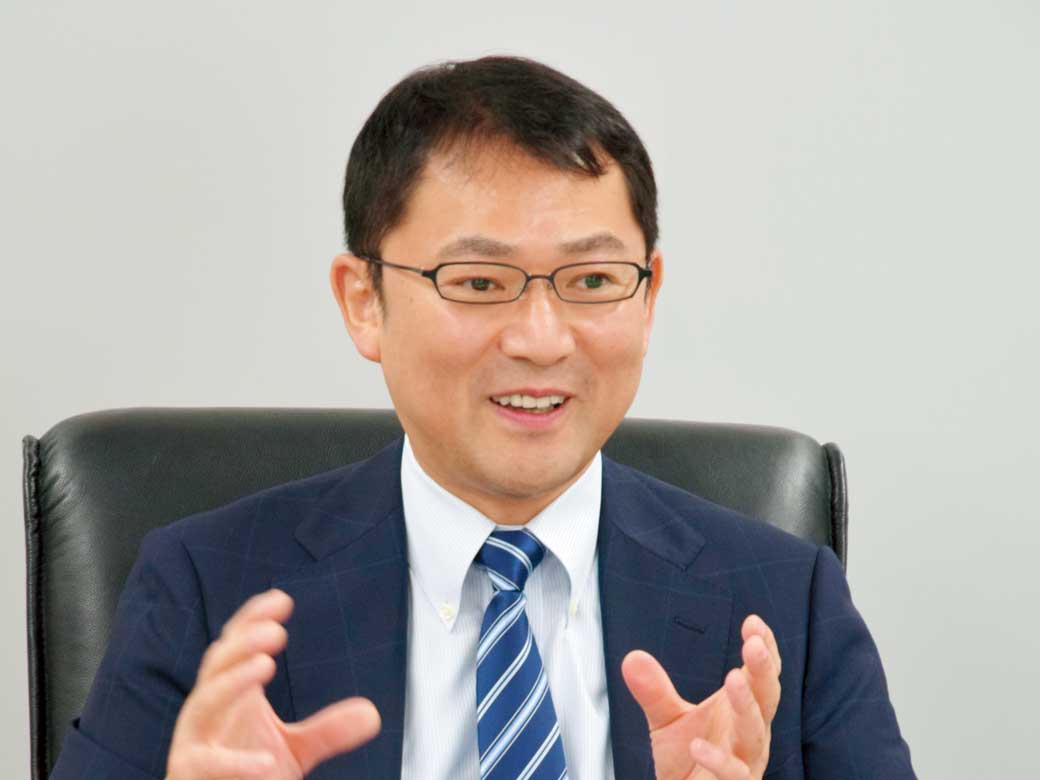Fostering global citizens through study abroad programs
Mon, Aug 29, 2016-
Tags
Fostering Global Citizens
Waseda University’s Study Abroad Plan
With goals to foster successful global citizens, Waseda’s Vision 150 strategic plan aims to have all Waseda University students study abroad. This article presents the details and framework for executing this grand proposal through an interview with Professor Masakazu Iino, Dean of the Center for International Education.
To thrive in a diversifying, global society
The Center for International Education (CIE) is responsible for supporting international students at Waseda University and students going abroad from Waseda. Professor Masakazu Iino from the Faculty of International Research and Education serves as the Dean of CIE.

Professor Masakazu Iino, Dean, Center for International Education
After graduating from Waseda University’s School of Political Science and Economics, Professor Iino worked for the Bank of Japan. He holds masters and doctoral degrees from the University of Pennsylvania. He was an assistant professor at California State University, Los Angeles, and J.F. Oberlin University prior to becoming professor at Waseda’s School of Political Science and Economics. Currently, he is a professor at the Faculty of International Research and Education, teaching at both the School of International Liberal Studies and Graduate School of International Culture and Communication Studies. He specializes in sociolinguistics.
Waseda University Study Abroad Network – high in numbers and quality
Under Waseda Vision 150, what is the objective of expanding study abroad programs? How does CIE plan to do this?
Waseda Vision 150 intends Waseda University students to become ambitious individuals who make contributions in our global society. The global leaders we envision will not only reach new heights on the world stage but support regional communities with a global perspective as well.
To realize Waseda Vision 150, we aspire to have all Waseda University students study abroad, in comparison to the 2,541 students who went abroad in the year 2012. Our study abroad plan focuses on both quality and quantity.
In terms of quantity, we have agreements with over 600 universities and institutions worldwide, the largest study abroad network in Japan. Within this network, students can select from a wide range of programs according to their needs, based on language fluency level and their goals.
To assure high quality, we are increasing the number of exchanges with top universities abroad, including Peking University, Chulalongkorn University (Thailand), Columbia University (USA), National University of Singapore, Oxford University (UK), and Paris Institute of Political Studies.
To become an active speaker, not just a learner of language
Why should students study abroad?
Compared to the times of Japanese missions going to Sui China and Tang China, studying abroad has become a much more familiar reality. If anyone should ask if studying abroad is worth the money and time, my answer is absolutely yes. I believe there is no more beneficial investment towards the future of university students.
Especially for those Japanese students who have lived in a materialistically and socioeconomically affluent comfort zone, they will face challenges and conflict when immersing themselves in a different cultural environment. They will be forced to question their norms and overcome obstacles that come their way, helping students change dramatically for the better.
In addition, non-English-speaking countries are a growing presence in business and academia recently. What is required of leaders from those countries is to speak English with confidence, not necessarily with a good accent, pronunciation, or grammar. We need to be good English speakers, not learners. As a matter of fact, successful businesspersons from non-English countries do not speak perfectly according to the standards of native speakers, but they can boldly convey their thoughts and ideas.
On the other hand, English education in Japan overly emphasizes speaking like a native. I want Waseda students to let go of this common notion and encourage them to have vitality and communication skills to converse with people from all backgrounds on equal footing.
What kind of struggles did you have when you studied abroad?
I studied abroad for the first time when I was in high school. I stayed in Texas in the United States for a year. Because I lived in a conservative, devoutly Christian area, everyone in the family except me went to church on the weekend.
What I remember most from this experience was the humble lifestyle of middle-class American families paying off loans. Japan at the time was disillusioned by the image of the United States as a superpower, so I learned a lot from the gap between this image and the reality in front of me. My research focus today is related to this experience.
Making study abroad programs more accessible
To have all Waseda University students study abroad, they must be motivated.
That’s true. We actively promote study abroad programs during fairs held twice a year by the CIE. It is important to dispel the myth of study abroad being overly expensive. There are tuition agreements※ for approximately 700 students per year and scholarships available as well.
Also, as the Dean of CIE, I am working together with each School across the University to accept transfer credits obtained through study abroad.
※Agreements between partner institutions and Waseda where students are exempt from paying tuition to the host institution, only paying tuition at Waseda.
Have faith in students
What would you like to tell guardians cosigning study abroad documents?
I personally feel that there has been an increase of guardians who are apprehensive about sending students abroad. Despite the student wanting international experience, there are many cases where the guardians are against this because of concerns such as health and safety issues. However, Waseda University students only go to the top universities overseas. These institutions offer more than the basic living arrangements and study environment. Furthermore, there is support if anything were to happen, so I would like guardians to rest assured and send the students off with confidence. I hope that the guardians will believe in the students and respect their decisions.
As the Dean of CIE, what do you look forward to in the future?
Azusa Ono, one of the founding fathers of Waseda University, laid out the principle of Independence of Learning, maintaining that future leaders must not only be independent from the government power and authority but also from foreign cultural imperialism as well.
However, a superstitious trend of placing high values on Western thinking and ideology still exists modern-day Japan. I believe that students can broaden their perspective by studying abroad and be freed from such stereotypes, becoming vital members of the diversifying international community. As the Dean, I look forward to CIE acting as a window to the world, promoting study abroad opportunities for all Waseda students.














